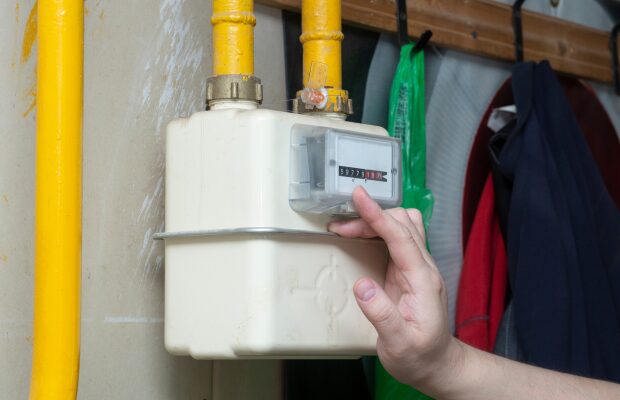Dilapidations are one of the most common issues that can arise towards the end of a tenancy, and therefore careful management is required to avoid loss of revenue, or even legal action.
In this article, we’ll take a look at everything you need to know about dilapidations, how to manage property maintenance, and the costs and consequences associated with failing to do so.
Need help managing your rental property? Contact your local Ellis & Co letting agent today.
What is a dilapidation?
The term ‘dilapidations’ refers to the state of disrepair or damage that occurs during a tenancy. Most, if not all, tenancy agreements will clearly outline whether the landlord or tenant is responsible for repairing, redecorating, maintaining, cleaning, and carrying out works to comply with government legislation.
A well-drafted tenancy agreement will clearly outline the tenant’s and landlord’s obligations so that both parties understand who is responsible for what. If dilapidations arise, then either the tenant or landlord has failed to comply with their obligations as laid out in the tenancy agreement.
Related: The landlord guide to amending and renewing tenancy agreements
What is a landlord’s dilapidation?
Landlord dilapidations refers to the responsibilities of the landlord which have been neglected during the tenancy, such as repairs and maintenance. Landlords are responsible for repairs to the structure and exterior of the building, as well as any fixtures and fittings provided by the landlord, such as boilers and electrical systems.
A letting agent can take care of property maintenance for you, ensuring that your obligations are fulfilled and your property remains legally compliant.
How do dilapidations work?
Schedule of dilapidations
When your tenants vacate your property, you have the right to inspect the home and identify any damages or repairs that need to be addressed. You can then prepare a schedule of dilapidations, which outlines any repairs that need to be made and how much they will cost.
Claiming damage repairs
Your tenancy agreement should highlight that you have the right to claim for any repairs or damages caused by the tenant, up to the value of the outstanding rent or the cost of repairing the damage.
Disputes
The tenant does have the right to dispute the schedule and they may negotiate the cost of repairs, but if you have carried out inventories and can prove that the tenant is responsible for damages to the property, you may take legal action to recover the cost.
What are the risks?
Taking a proactive approach and managing dilapidations correctly is an integral part of protecting your investment.
Failing to deal with dilapidations robustly can leave you vulnerable to financial implications that could harm your return on investment or even leave you struggling to keep your rental property up and running. For example, you could lose a substantial amount of income due to depreciation of the property, or you may even struggle to re-let the property due to it being in a state of disrepair.
Minimising the risk
Dilapidations are always a risk for landlords, so it’s important to have a professional on your side who can guide you through the legalities and help you avoid running into these issues. To minimise the risks of dilapidations, your Ellis & Co letting agent can:
-
Clearly define both parties’ obligations for repair, redecoration, and reinstatement in your tenancy agreement.
-
Arrange visits to the property to ensure that tenants carry out any repairs stipulated under the agreement.
-
At the end of the tenancy, if your tenant has failed to keep the property in good repair, they can guide you in recovering the costs of remediation or claiming damages for loss of rent while the works are undertaken.
Further reading…
For more advice, contact our expert lettings team today







